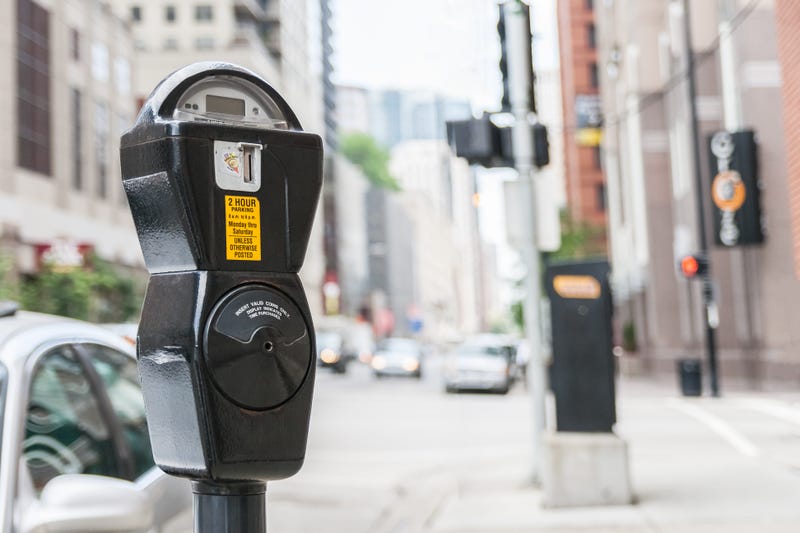
CHICAGO (WBBM NEWSRADIO) -- A lawsuit over the Chicago parking meter deal alleges the city unlawfully gave Chicago Parking Meters LLC a monopoly.
Three Chicagoans are suing an investment entity led by Morgan Stanley & Co. over a controversial $1.16 billion deal it reached with the city to get control of Chicago's pay-to-park system, alleging that an amended 75-year-long contract signed in 2013 unlawfully gave the company monopoly power over the parking meter system.
The three named plaintiffs, who pay parking fees to Chicago Parking Meters LLC, said in a proposed antitrust class action that the $1.16 billion parking meter deal did not consider the ongoing technological advances nor changing consumer needs and preferences for different types of transportation. The agreement dates back to 2009.
According to the suit, the deal gives Chicago Parking Meters the exclusive right to require a fixed number of parking spaces; and it doesn't allow the city to actively regulate the rates Chicago Parking Meters charges for parking spaces nor the rebidding or biding for the same contract for 75 years by competitors, who could provide the same service in a manner that is environmentally safe and consistent with consumer needs and preferences.
"Plaintiffs, who are consumers, have suffered and continue to suffer harm as a direct result of the unreasonable 75-year monopoly that the city has granted to CPM," the complaint said. "Plaintiffs frequently use public transit and ride-sharing, and expect to soon use driverless cars, all of which are more attractive and safer means of transportation that do not require on-street parking and which would be more widely available to plaintiffs, but for the city granting CPM the 75-year monopoly and allowing it to set a fixed number of parking spaces on public streets for its exclusive benefit throughout that lengthy period."
The plaintiffs said CPM's monopoly control and the agreement are both in violation of the Sherman Act and the Illinois Consumer Fraud and Deceptive Practices Act.
The suit said before the agreement, the city was collecting about $24 million a year from parking meters. Meanwhile, CPM received more than $138.7 million in annual parking meter rates.
By the end of 2019, according to suit, CPM had already recovered $500 million more than its original $1.16 billion investment, with 60 years still to go on the remainder of the lease.
"Because the city could not intelligently foresee the consequences of a 75-year agreement that it could not actively regulate, CPM has already made a windfall profit, and an even greater profit than any other utility in Illinois, or any utility which the government is free to regulate," the plaintiffs alleged.
"CPM has achieved and will have achieved an extraordinary rate of return on its original $1.16 billion investment, at the expense of consumers like plaintiffs who prefer other uses of the transportation grid on which this windfall profit depends," they added.

